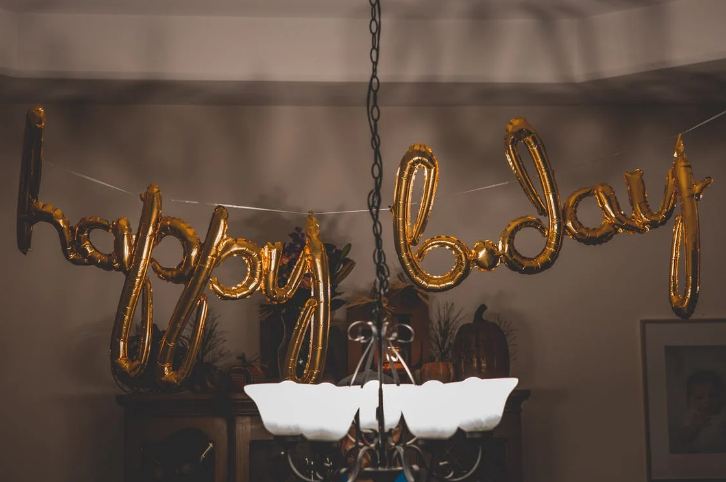If there is such powerful last song syndrome in the record, the happy birthday song might be first. Every human in this world has undoubtedly heard and sung the endless melody of this song with either festive or simple celebrations. Well, in fact, this was listed on the Guinness Book of World Records as one of the most sung English songs. It did become traditional that no one can’t miss. Of all the years, it passed through generations and on to different cultures with various languages. When it comes to ages, whether young or adult, this song can resonate and be related.
With all this influence, it is interesting to know where this song came from and how far its achievements have reached.
The Ownership and Revelation Behind
The Happy birthday song was under copyright since 1935 with the piano arrangement. It was said that the song came from a book, and that became the reason why it was copyrighted. But the most anticipating question is who owns its copyright? It was Warner/Chapell Music in 1988 who kept the privilege of the song and asked every commercial production for a usage fee. In terms of usage rights, it is a business fact. There was a report that they earn USD 2 million in annual royalties with this song. Of how gold is this song? Walt Disney just spent USD 5,000 for a parade. Another lucrative expenditure is the USD 5000 payment from the film, ‘No Subtitles Necessary: Laszlo & Vilmos.’
Surprisingly, Warner/Chapell Music didn’t perceive that one day they will lose their rights regarding this. It all happened when the filmmaker Jennifer Nelson filed a lawsuit in 2013 against Warner Music. She traced back the resemblance of the song to ‘Good Morning to All’ from the 19th century. In 2016, US District Judge George King proved that Warner Music has no ownership in the said song at all because the Hill sisters never gave them the rights. Warner Music was ruled to return the $14 million to all the commercial productions that had paid them. Today, anyone is allowed to sing the traditional celebration song without the need to pay the royalties first.
Back Into The Birth
Back in the year, 1859, Happy Birthday was composed by Mildred Hill. She is a school teacher from Louisville, KY. Mildred is an enthusiast of music and nurtured the niche of teaching and composing. Meanwhile, her sister Patty Hill is a kindergarten teacher too. She has quite impressive credentials, and one of those is her contribution to the Institute of Child Welfare Research at Columbia University Teachers College. Due to their contribution to education, the Hill sisters were awarded at the Chicago World’s Fair.
The Hill sisters have great passion and dedication in educating children. The two had produced books of song stories, and the first one was entitled ‘Good morning to all.’ It only consists of the simple lyrics, “Good morning to you, Good morning to you, Good morning, dear children, Good morning to all.” It is said that Patty was the one who published the song in the year 1893. Successfully, the songbook was translated to French, German, Spanish, Chinese, Japanese, and Swedish. It was made to welcome their children warmly at school. Eventually, it is said that Patty changed the title into ‘Happy Birthday to You,’ but there is still no solid evidence to prove the claim.
The stunning journey of Happy Birthday to you
Over the years, Happy Birthday is not just a child-oriented songbook. Interestingly, this is the first song on the record sung by the crew of Apollo IX for Chris Kraft, MSC Director of Flight Operations in outer space. Literally, that is how far this song has achieved. Moreover, the humble Happy Birthday had reached the iconic stars from the great times. Marilyn Monroe’s rendition had clicked when she sang it for President John F Kennedy on his 45th birthday.
Now that the song is in the public domain, anyone can sing it everywhere, like in mainstream, social media platforms, and definitely in public. It did use in some films and on radio airwaves before the copyrights but didn’t last long. The song appeared in The Band Wagon, a Broadway musical in 1931. Martin Luther King’s Eyes on the Prize where some scene was charged for the song yet didn’t make it possible on DVD due to the high payment. For one more great show off of this masterpiece, Western Union singing telegrams have used the song. This happened when the Western Union executive, George P. Oslin, sent greetings through this song to entertainer Rudy Vallée in 1933. It was sung by Lucille Lipps.

